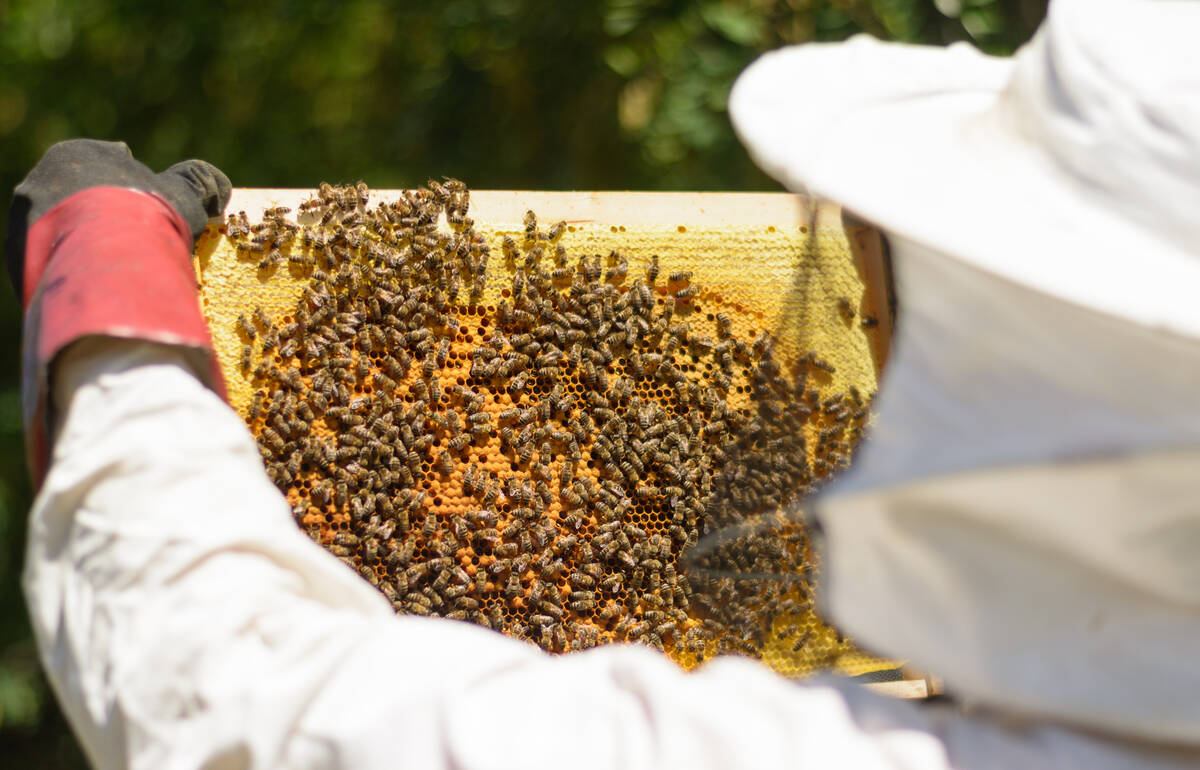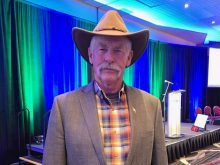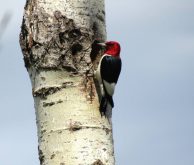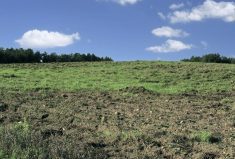A Ducks Unlimited project to restore native grasslands; support for cattle producers to conserve grasslands; and an initiative to protect land along Lake Winnipeg are among projects funded by the Conservation Trust this year.
“These funds provide new opportunities to improve wildlife, water and soil conservation across the province,” said Stephen Carlyle, chief executive officer of the Manitoba Habitat Heritage Corporation (MHHC) in a March 9 news release.
The MHHC approved $2.86 million in Conservation Trust funding to 20 projects.
Read Also

Malta bee exporter blasts criticism from Canadian beekeepers
A honeybee exporting firm on the Mediterranean island of Malta says they’re collateral damage to a dust-up in the Canadian honey sector over imports of replacement bees.
Of that, $750,000 went to Ducks Unlimited Canada (DUC).
“The majority of these funds will go directly to farmers and ranchers in southwestern Manitoba, through DUC programming,” said Mark Francis, manager of provincial operations, in a March 10 news release.
The money, which will be combined with $210,000 from Manitoba Forage and Grassland Association and other sponsorships, will go toward restoring nearly 4,400 acres of native grasslands within Manitoba’s important waterfowl nesting areas, DUC said.
A Fisher River Cree Nation-led project got $25,000 towards its Conservation Areas Initiative. The project, a partnership with Peguis First Nation and the Canadian Parks and Wilderness Society, is working to protect land and wildlife in the Fisher River, Icelandic River and Washow Bay Creek watersheds.
“We need a comprehensive plan to responsibly manage our land and water so our grandchildren’s grandchildren can enjoy the lifestyle many of us take for granted,” wrote Chief David Crate in a letter asking for local engagement.
The project study area includes land from north of Kinonjeoshtegon First Nation to Riverton, and as far west as Fisherton and Fisher Branch.
Crate said when he was growing up the Fisher River was so clear “you could see pebbles on the river bed,” and fish, moose and deer fed the communities.
Now the river is dirty, the beach is eroded and the moose are nearly gone, he wrote.
Crate said the conservation plan they will eventually propose to the province won’t contain significant restrictions on recreational or subsistence hunting and fishing.
The Manitoba Beef Producers got $400,000 toward its Grassland Enhancement Program.
The Nature Conservancy of Canada got $340,000 toward projects including one to enhance biodiversity-focused grazing systems.
MHHC also pledged funds toward Holistic Management Canada, the Association of Manitoba Community Pastures, Delta Waterfowl and others.
“The conservation investments will help make our landscape more resilient to the impacts of climate change in the future,” said Carlyle.
















